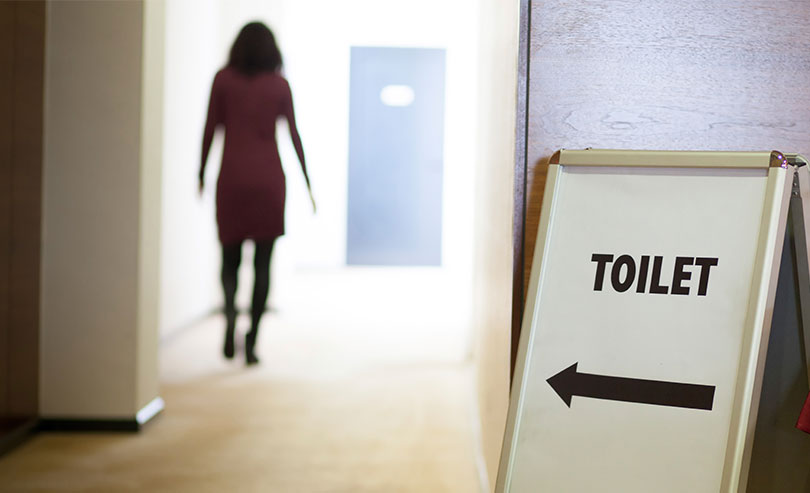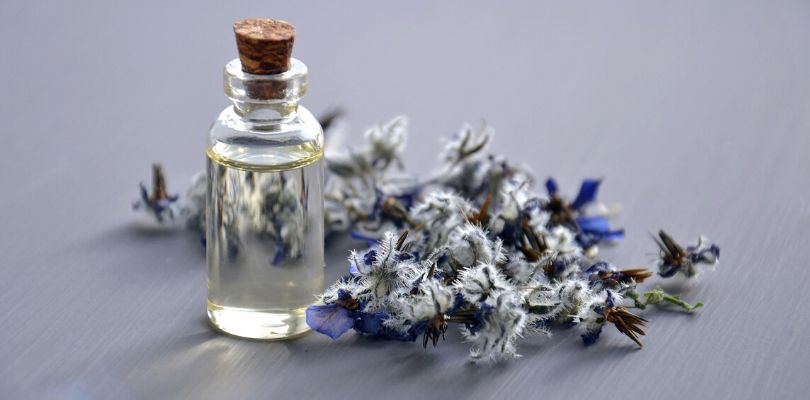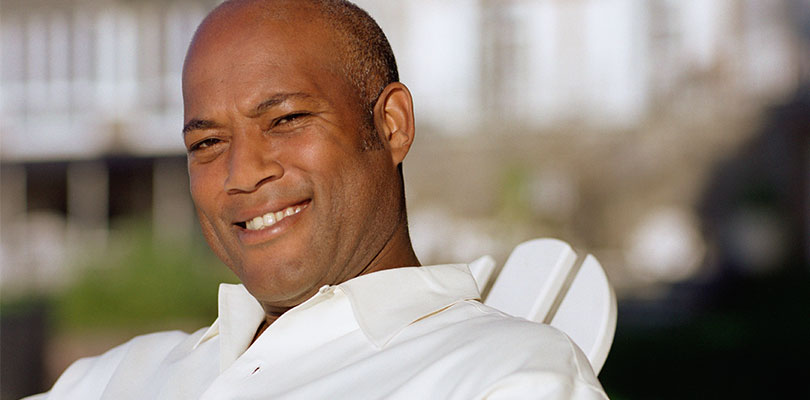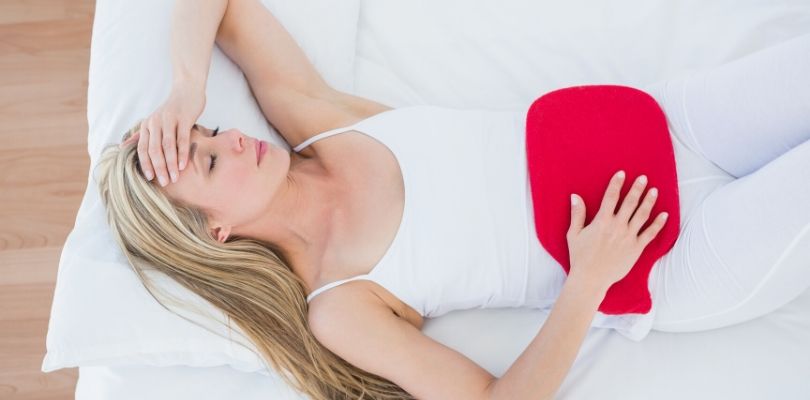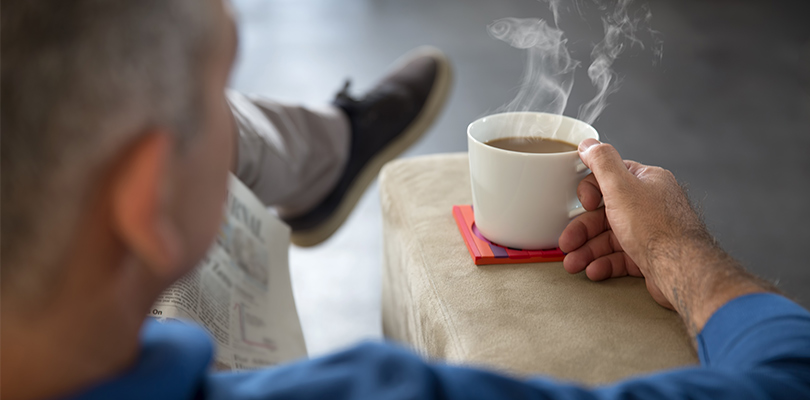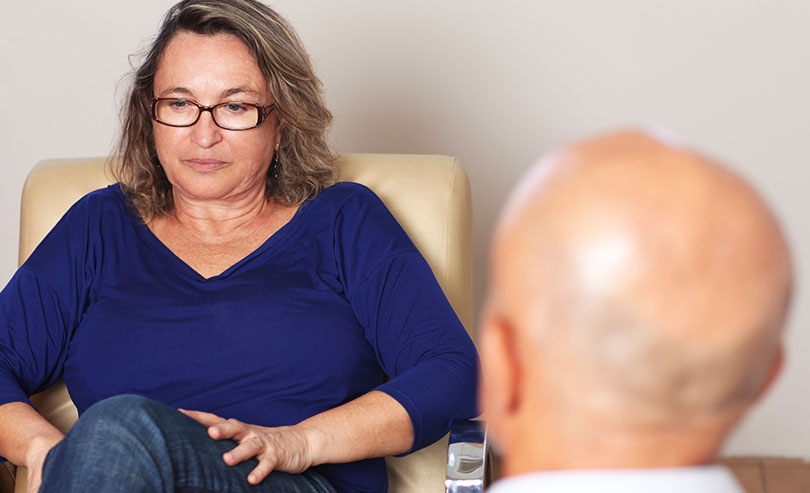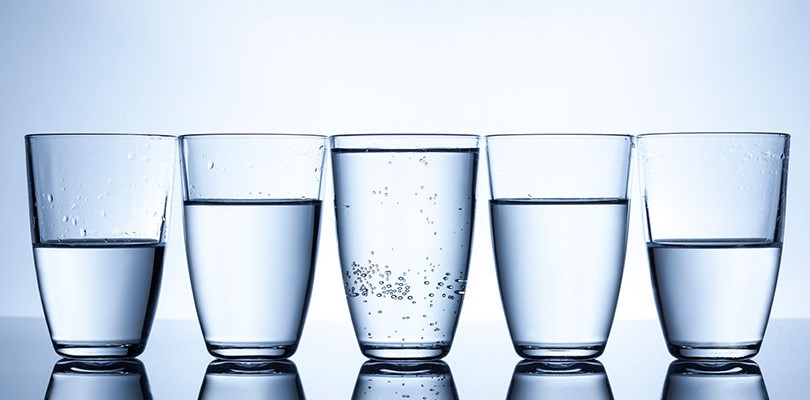
Photo Credit: VladimirFLoyd / istockphoto.com
7. If You Have OAB, You Should Drink Less Water
It’s natural to assume that taking in less liquid means you’ll need to go less often, but it doesn’t quite work that way when OAB is involved. You will have a smaller amount of urine in your bladder, but that urine will be more concentrated and will therefore irritate your bladder, leading you to urinate more often.
It’s easy to tell if your urine is too concentrated — it will be dark yellow and smell strong — but it’s easy to bring it back to normal by drinking a couple more glasses of water. It’s important to aim for six to eight glasses of water a day, but remember that fresh fruit and veggies count towards your fluid intake, too.
Resources
Healthline (Overactive Bladder vs. Urinary Incontinence and UTI: What’s the Difference?)Healthmonitor (Top 5 Myths About Overactive Bladder)Uro Today (Beyond the Abstract - Misconceptions and miscommunication among aging women with overactive bladder symptoms)Vibrant Nation (OAB Fact vs Fiction)Healthguides (10 Myths about Overactive Bladder)Overactive bladder home remedies are natural ways to help relieve OAB symptoms. From essential oil to exercise, here are some helpful home treatments.
